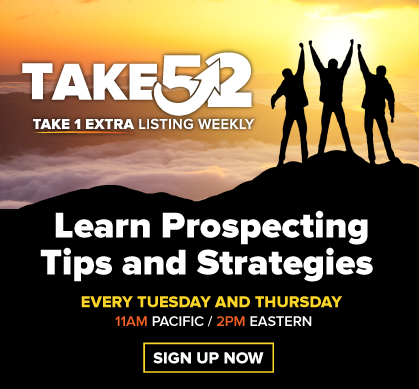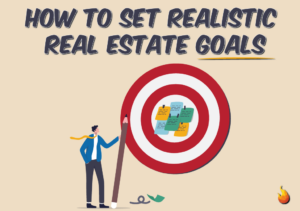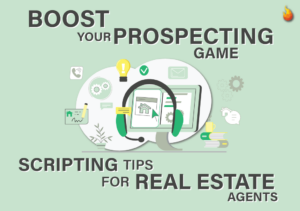
The Marketing Journey: Part 4-Communication Strategies
In our previous post, we discussed the relationship of communication objectives to your overall business goals. We outlined examples of common communication objectives, such as:
- Create advocates by speaking to someone’s passion
- Inciting interest in your business
- Encouraging curiosity about what you have to say
We took this a step further by suggesting the types of responses we’d hope to hear as a result of our marketing programs:
- “I would like to work with this person” (emotional connection)
- “This is something I want to share with my network” (credibility)
- “I made the right decision by hiring this agent” (validation)
In today’s post, we look at communication strategies or, how to build the framework for your marketing plan.
With the communication objective we asked:
“What my communication to to achieve my business goals?”
As we dig deeper, the strategy asks:
“What message do I need to convey to support my communication objective?”
Our communication strategy covers several important areas:
- To whom are you talking and what should you know about them? Marketers often get the “targeting” discussion wrong because they focus on numbers: demographics, age-breaks, etc: “We’re trying to reach adults 35-60.” But you aren’t talking to a large group of people, you are trying to engage individuals. That’s why it’s a good practice to build a profile, a persona of the person or people you want to engage with your marketing. Tell their story: what’s their life situation (i.e. first-time buyers vs. empty nesters)? How many kids still live at home? Are they involved in the community? What do they do for a living? What do they do for entertainment? Of course, you don’t know any of these details, but you are doing this exercise to build a composite profile of the person you want to reach. This process helps create empathy by taking you inside your prospect’s life and mind. By knowing your prospect’s mindset, you can craft stories that resonate with that person.
- What is your main idea? We will get into this in more detail in the next post. But for now, consider this question: what’s the single idea that separates you from the competition in your area? What differentiates you from other agents? How do you want to position yourself so that you are identified with one thing? Let’s use this example: you decide you are going to be the East Side expert in your market. A narrow definition, to be sure. But something you can be known for over time.
- Why should consumers believe this about you In other words, how can you support your position? Let’s say you want to be known as the East Side expert in the market; your credentials to support this claim might include:
- “I grew up on the East Side, graduated from East Side High School and am currently raising my family in the East Side
- “Last year, I sold more homes on the East Side than any other agent.”
- “I have an extensive network of East Side service providers for any work you need to be done to get your house ready to sell.”
- “I have relationships with numerous East Side lenders to help facilitate your closing.”
In the final two posts of this series, we will take the marketing journey through its final stages, focusing on how to articulate your “brand idea” and then what can you do to bring your “personal brand idea” to life in your market.
To learn more about personal branding visit us at RadioandDigital.com

Doug Spak has over four decades of experience as an advertising copywriter, agency creative director, blogger, and content creator. He joined Vulcan7 as a Content Specialist in 2016. In addition to ongoing website copy refreshes, Doug has produced over 300 blog posts while developing content for Vulcan7’s social media platforms.
RECOMMENED ARTICLES
How to Set Realistic Real Estate Goals
Motivational guru Tony Robbins had this to say about goal…
Read MoreBoost Your Prospecting Game: Scripting Tips for Real Estate Agents
Phone prospecting is one of the most challenging aspects of…
Read MoreTop Producing Agents Do These Five Things Regularly
What does it take to be a top-producing agent? Our…
Read More




